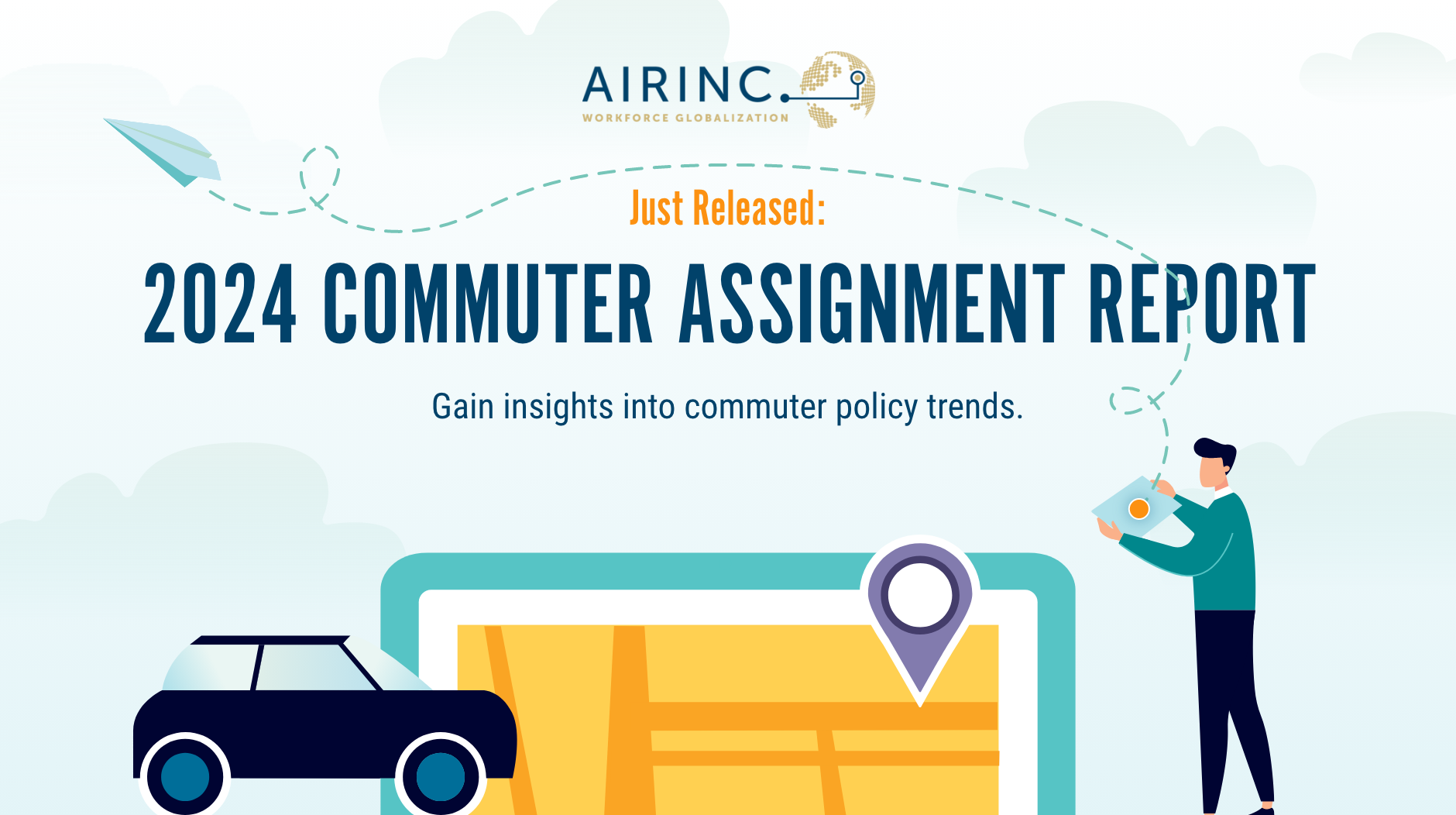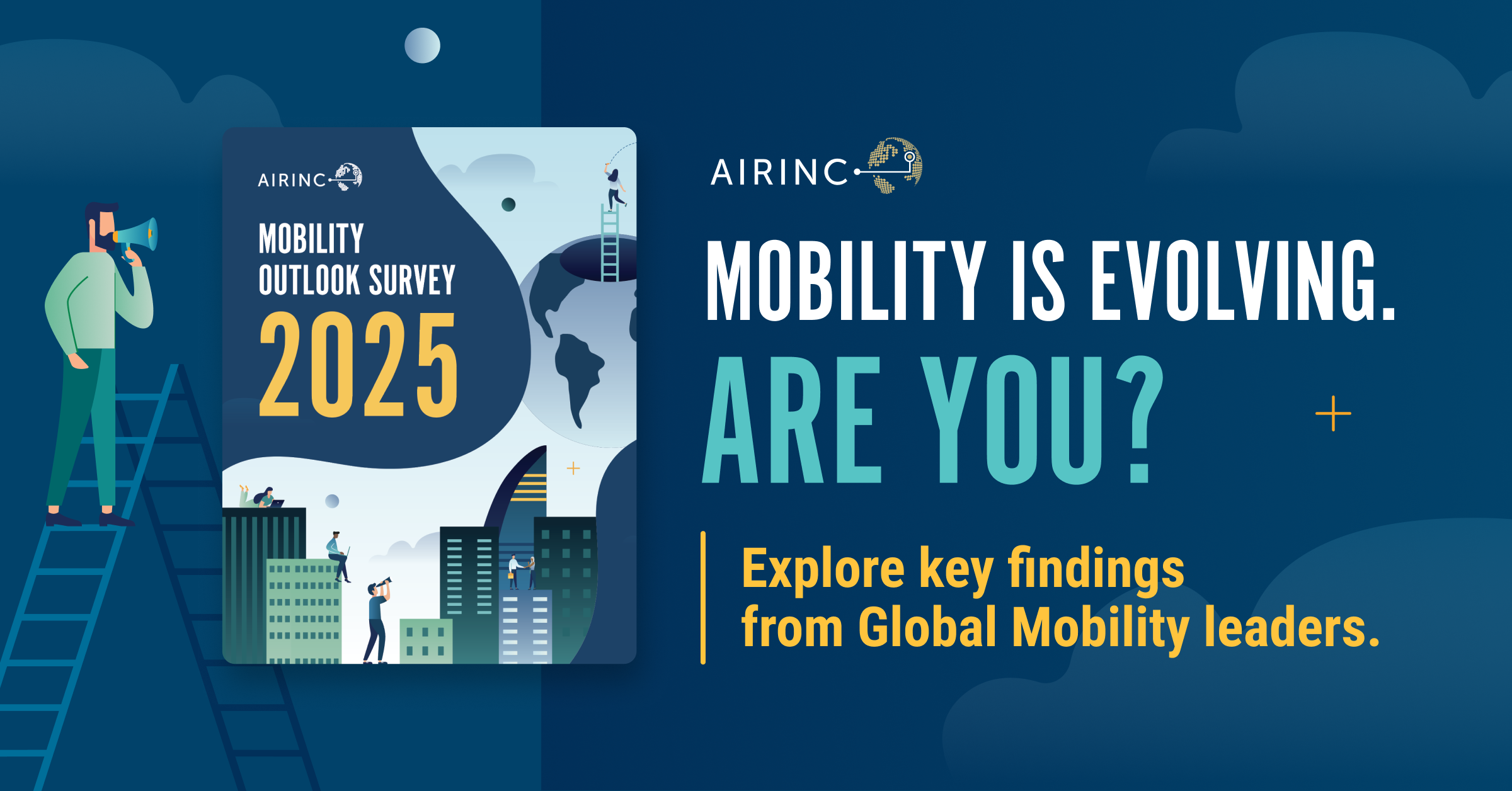Commuter assignments, a specialized facet of the mobility policy suite, are gaining prominence in today's global workforce. Designed for short-duration, project-based work, these assignments strike a balance between professional commitments and personal connections.
AIRINC's recent benchmark provides key insights into the prevalent trends and practices surrounding commuter assignments.
As organizations embrace commuter assignments to address situational mobility needs, the informality of policies becomes clear. A significant 47% of companies acknowledge having commuter assignments without a formalized policy, highlighting the need for flexibility in addressing unique cases. Elements such as travel frequency and modified work schedules are often handled on a case-by-case basis.
As it often does in Global Mobility, tax compliance takes center stage in commuter assignments, with 76% providing a tax departure briefing via a designated advisor before the assignment begins. The predominant income tax approach is tax equalization, ensuring financial fairness for employees. Salary and benefits typically stay tied to the home location, with 82% on the home salary scale, 70% applying home bonuses, and 72% adhering to the home vacation policy.
Once the employee is in the assignment location, organizations show support by providing housing in-kind or covering accommodation costs directly (86%). Meals and incidentals are often managed through a per diem (47%). Unlike long-term assignments, premiums are not standard practice in commuter assignments. Only 22% offer hardship premiums, and merely 14% provide a mobility premium. To further ease the commuter experience, 80% of companies cover travel expenses to and from the assignment location according to the corporate business travel policy. By offering these benefits, the company ensures a seamless transition between home and work locations, allowing the employee to successfully complete their goals of their assignment.
As flexible work arrangements continue to rise, and organizations seek creative solutions for global talent needs, commuter assignments are poised to play an integral role in the evolving landscape of workforce mobility. The nuanced approach to policies and financial considerations underscores the adaptability needed to meet the diverse needs of today's workforce.
Looking for Short-Term Assignment Survey Highlights? Click here.





%20(33).png)
%20(20).png)


